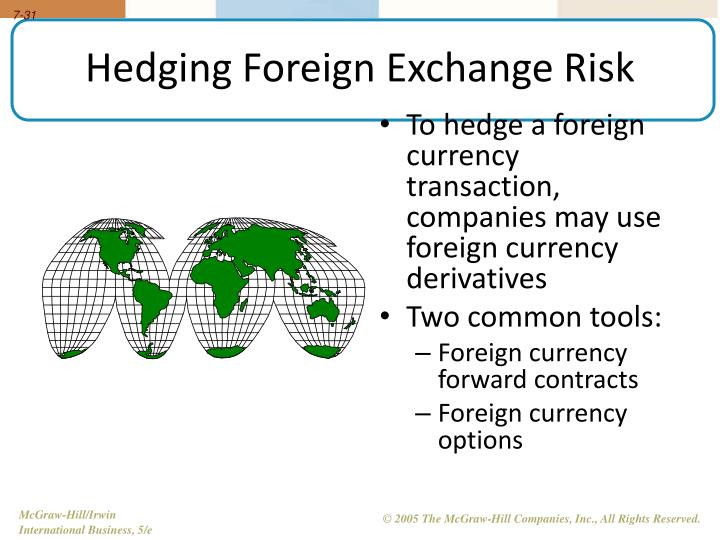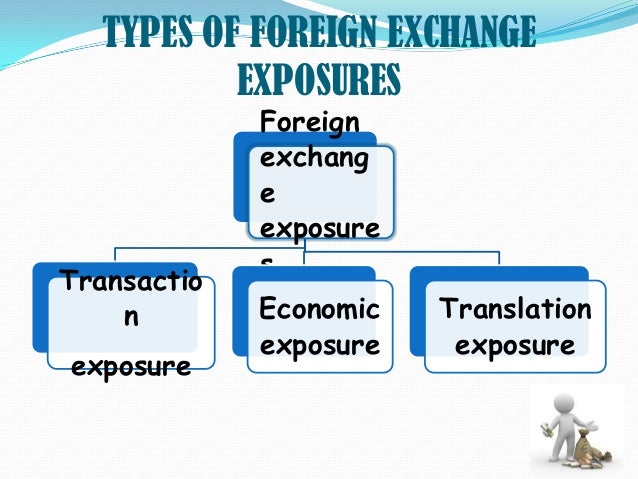Hedging against foreign exchange risk
Investments in overseas instruments, such as stocks and bonds, can generate substantial returns and provide a greater degree of portfolio diversificationbut they introduce an added risk, that of exchange rates. Since foreign exchange rates can have a significant impact on portfolio returnsinvestors should consider hedging this risk where appropriate. While hedging instruments such as currency futuresforwards and options have always been available, their relative complexity has hindered widespread adoption by the average investor.
On the other hand, currency ETFs, by virtue of their simplicity, flexibility and liquidityare ideal hedging instruments for retail investors who wish to mitigate exchange rate risk.
The first decade of the new millennium proved to be a very challenging one for investors. Equity markets in Canada, the largest trading partner of the U.
Hedging exchange risk was not advantageous in these circumstances, since these U. However, a weakening currency can drag down positive returns or exacerbate negative returns in an investment portfolio. In this case, an investor who wanted to be invested in Canadian equities while minimizing exchange risk could have done so using currency ETFs.
The following section demonstrates this concept. This ETF seeks to provide investment results that correspond to the price and yield performance of the Canadian equity market, as measured by the MSCI Canada index. If this investor wanted to hedge exchange risk, he or she would also have sold short shares of the CurrencyShares Canadian Dollar Trust FXC. This ETF reflects the price in U.
Foreign exchange hedge - Wikipedia
In other words, if the Canadian dollar strengthens versus the U. Recall that if this investor had the view that the Canadian dollar would appreciate, he or she would either refrain from hedging the exchange risk, or " double up " on the Canadian dollar exposure by buying or " going long " FXC shares. However, since our scenario assumed that the investor wished to hedge exchange risk, the appropriate course of action would have been to "short sell" the FXC units.
In this example, with the Canadian dollar trading close to parity with the U. Part of this decline in the share price could be attributed to the drop in the Canadian dollar versus the U.
The investor who had a hedge in place would have offset part of this loss through a gain in the short FXC position. Some investors may believe that it is not worthwhile to invest a dollar in a currency ETF to hedge each dollar of an overseas investment. However, since currency ETFs are margin -eligible, this hurdle can be overcome by using margin accounts which are brokerage accounts in which the brokerage lends the client part of the funds for an investment for both the overseas investment and currency ETF.
Note that making investments on margin amounts to using leverageand investors should ensure that they are familiar with the risks involved in using leveraged investment strategies. Leverage's "Double-Edged Sword" Need Not Cut Deep.
Currency moves are unpredictable and currency gyrations can have an adverse effect on portfolio returns. As an example, the U. These currency moves amplified negative returns on overseas assets for Home based data entry work in patna. Hedging exchange risk is a strategy that should be considered during how to make money ffxii of unusual currency volatility.

Because of their investor-friendly features, currency ETFs are ideal hedging instruments moving average envelope forex retail investors to hedge exchange risk. Dictionary Term Of The Day. A measure of what it costs an investment company to operate a mutual fund. Latest Videos PeerStreet Offers New Way to Bet on Housing New to Buying Bitcoin? This Mistake Could Cost You Guides Stock Basics Economics Basics Options Basics Exam Prep Series 7 Exam CFA Level 1 Series 65 Exam.
Sophisticated content for financial advisors around investment strategies, industry trends, and advisor education. Hedge Against Exchange Rate Risk With Currency ETFs By Investopedia Staff Share.
Foreign exchange risk - Wikipedia
A Cost-Effective Alternative Impact of Exchange Rates on Currency Returns The first decade of the new millennium proved to be a very challenging one for investors. When to Consider Hedging U. Hedging Using Hedging against foreign exchange risk ETFs Consider a U. Introduction to Short Selling Recall that if this investor had the view that the Canadian dollar would appreciate, he or she would either refrain from hedging the exchange risk, or " double up " on the Canadian dollar exposure by buying or " going long " FXC shares.
Currency ETFs Are Margin-Eligible Some investors may believe that it is not worthwhile to hedging against foreign exchange risk a dollar in a currency ETF to hedge each dollar of an overseas investment.
Leverage's "Double-Edged Sword" Need Not Cut Deep The Bottom Line Currency moves are unpredictable and currency gyrations can have an adverse effect on portfolio returns. With ETFs it's now possible for the average trader to gain exposure to lucrative currency movements.
Here are a few options to consider. In an attempt to dampen down the impact of the stronger dollar, investors have been turning to currency hedged exchange traded funds ETFs in a big way. ETFs that invest overseas can offer a relatively low-cost vehicle, but there is a risk that should be understood.

Learn how currency hedging can help reduce exchange rate risk for a portfolio of foreign stocks. Consider the cost of hedging and its potential benefits.
Learn the basics of forward exchange rates and hedging strategies to understand interest rate parity. Learn about the legal and practical aspects of using U.
ETFs boasting hedge fund-level returns with minimal fees may seem too good to be true. Proper hedges help to contain your losses while still allowing profits to grow. Long ETFs may be key to an evolving strategy that aims to supplant the hedge fund juggernaut. Learn the purpose, advantages and disadvantages of hedging, and find out how to utilize hedging to enhance an overall investment Learn key indicators used by analysts to follow the Canadian stock market and to gauge the condition of the overall Canadian Learn what it means to mitigate the market risk of a portfolio through hedging and to what extent hedging can reduce downside An expense ratio is determined through an annual A hybrid of debt and equity financing that is typically used to finance the expansion of existing companies.
A period of time in which all factors of production and costs are variable. In the long run, firms are able to adjust all A legal agreement created by the courts between two parties who did not have a previous obligation to each other.
A macroeconomic theory to explain the cause-and-effect relationship between rising wages and rising prices, or inflation.
A statistical technique used to measure and quantify the level of financial risk within a firm or investment portfolio over No thanks, I prefer not making money. Content Library Articles Terms Videos Guides Slideshows FAQs Calculators Chart Advisor Stock Analysis Stock Simulator FXtrader Exam Prep Quizzer Net Worth Calculator. Work With Investopedia About Us Advertise With Us Write For Us Contact Us Careers.
Get Free Newsletters Newsletters. All Rights Reserved Terms Of Use Privacy Policy.